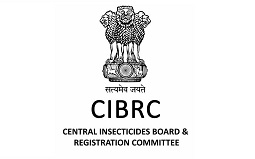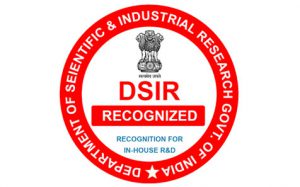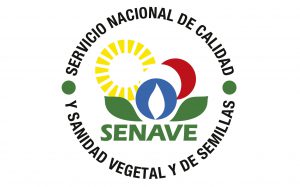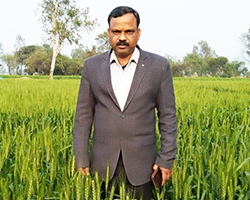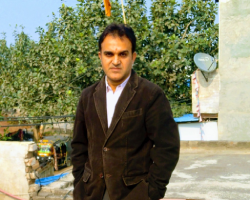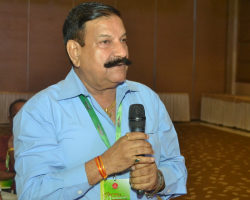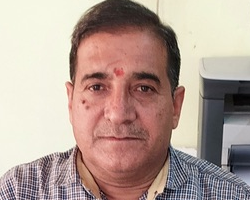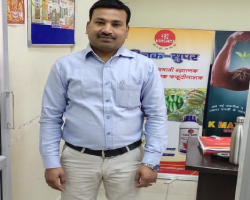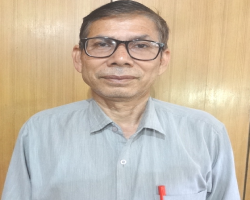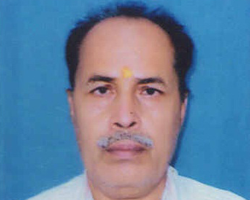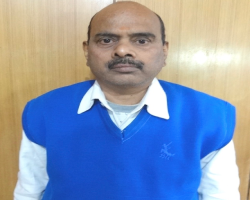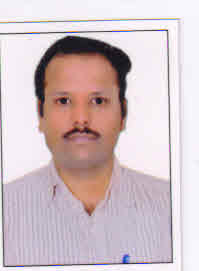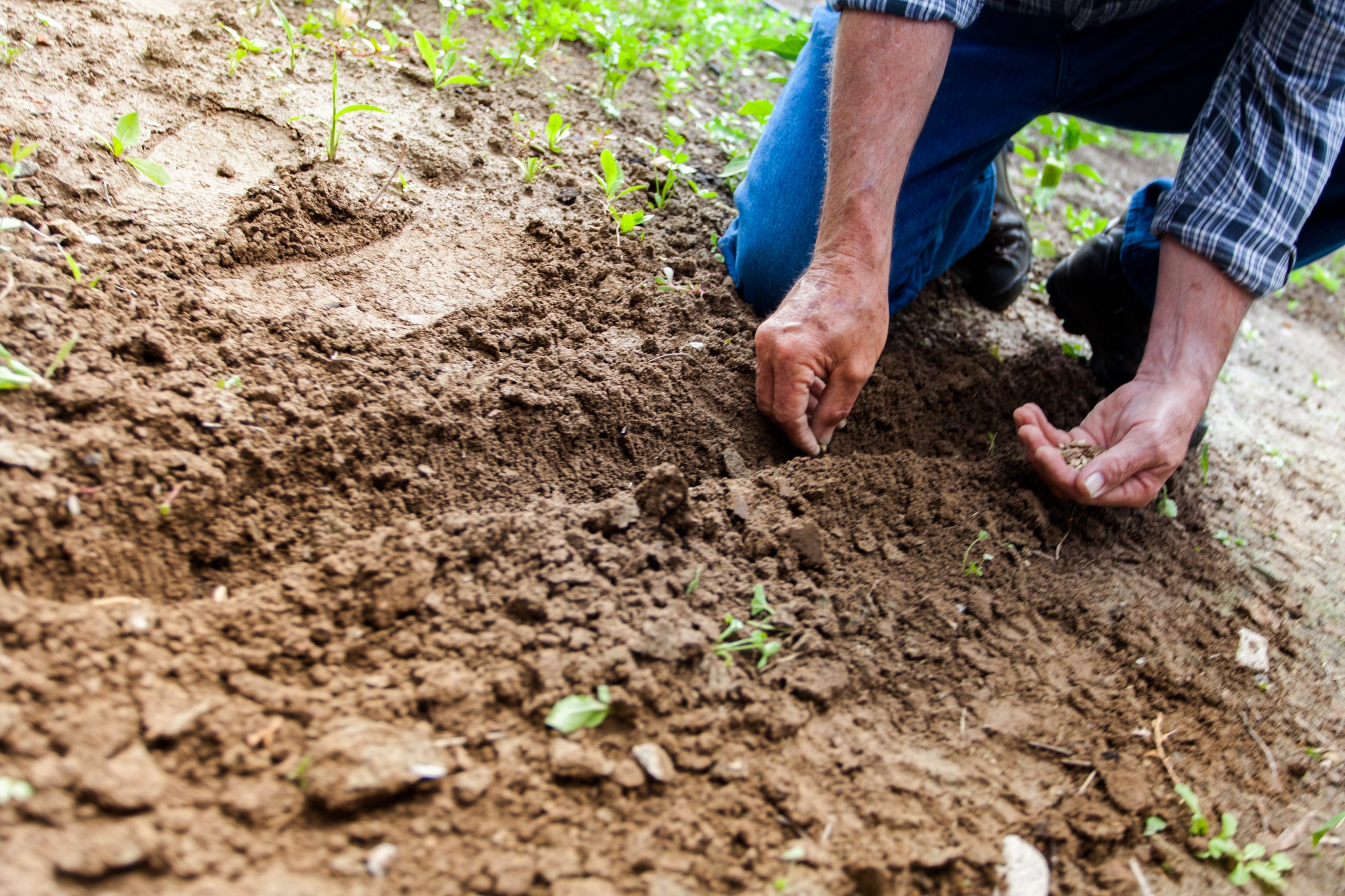
World Soil Day is celebrated every year on December 5 and is aimed at spreading awareness about the significance of soil. We are all aware that we need soil for basic survival i.e. food and energy. It is not only home to a number of organic remains, clay and rock particles, found on the Earth’s surface but also provides food, reduces biodiversity loss, and secures energy. The poor condition of soil leads to degradation and is a pressing environmental issue across the globe. This day encourages people to come together and think of sustainable ways to manage soil resources. This annual awareness day is being run by the United Nations Food and Agriculture Organization (FAO).
The International Union of Soil Sciences, in 2002, recommended celebrating World Soil Day annually on 5 December. FAO supported the formal establishment of World Soil Day as a global awareness-raising platform under the leadership of the Kingdom of Thailand and within the framework of the Global Soil Partnership. The conference of FAO was unanimously endorsed for World Soil Day in June 2013 and requested its official adoption at the 68th UN General Assembly. In December 2013, the UN General Assembly at the 68th session declared 5 December as World Soil Day. The first World Soil Day was celebrated on 5 December, 2014.
“Halt soil salinization, enhance soil production” is the theme for World Soil Day 2021. Its goal is to promote awareness of the importance of healthy ecosystems by tackling issues related to soil management and soil salinization, which causes erosion, leading to poor agricultural yields in a particular region.
Soil is a finite natural resource and is non-renewable on a human timescale. Soil is a symbol of fertility. It is the origin of life. It is the basis for food production. Soils are also home to a range of life forms. It is estimated that soils host a quarter of our planet’s biodiversity. Understanding their role in maintaining soils and keeping plants and animals including people healthy is an ongoing challenge.
It takes thousands of years to form 1 cm of soil. However, it can be destroyed in almost no time at all. Unsustainable agriculture practices, urban infrastructures, pollution, erosion, climate change and other factors all contribute to the rapid degradation of our soils. India has a varied geological, climate and vegetation, which gives it different soil types. India has over 17 per cent of the world population with limited land resources, the current situation warrants immediate attention and urgent remedial measures. It is high time that World Soil Day became known to more people than just scientists concerned about the welfare of our planet. So it’s time to get ready to learn about and celebrate this important day.




